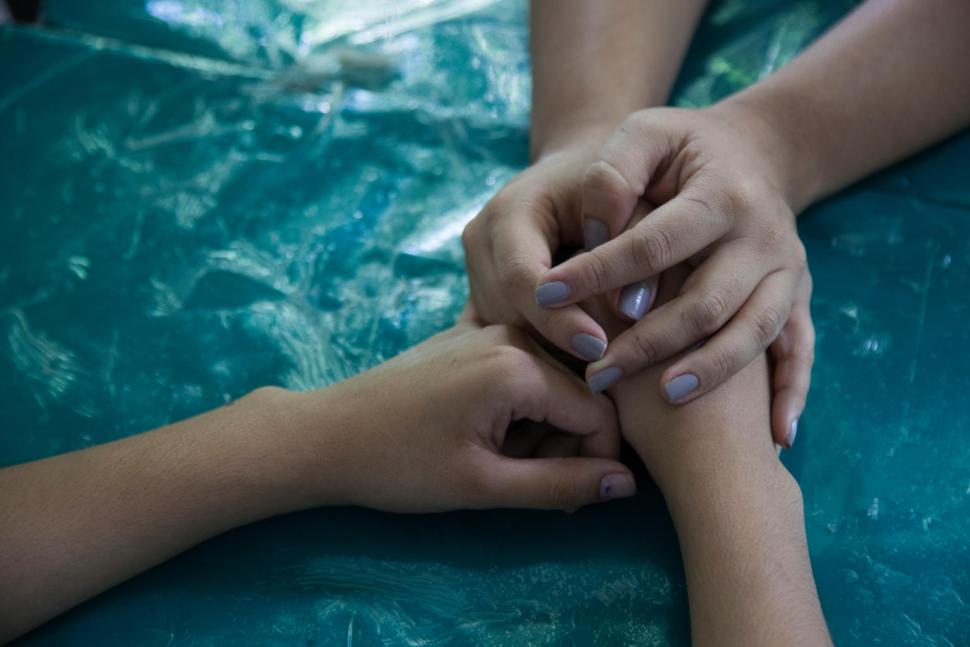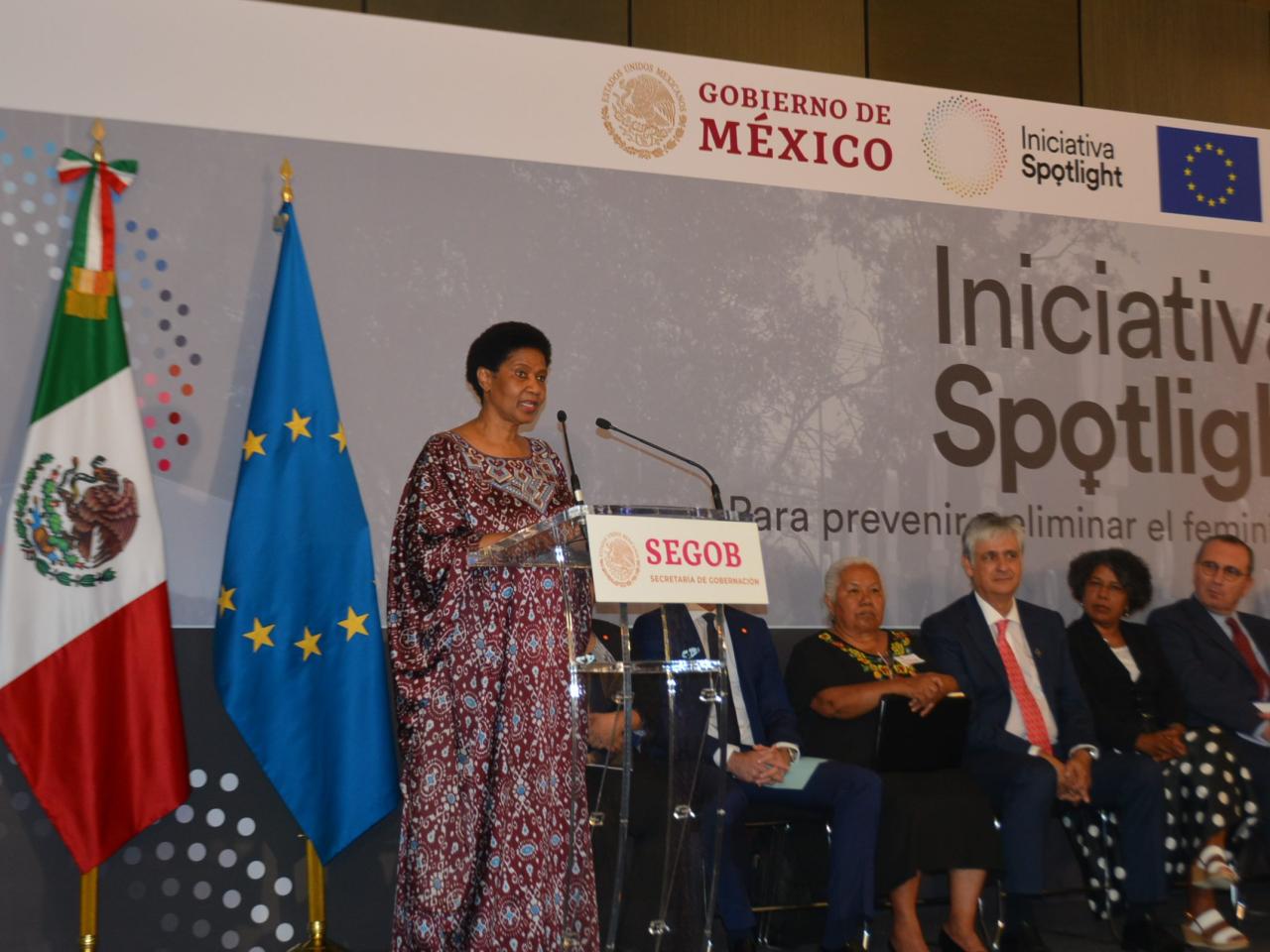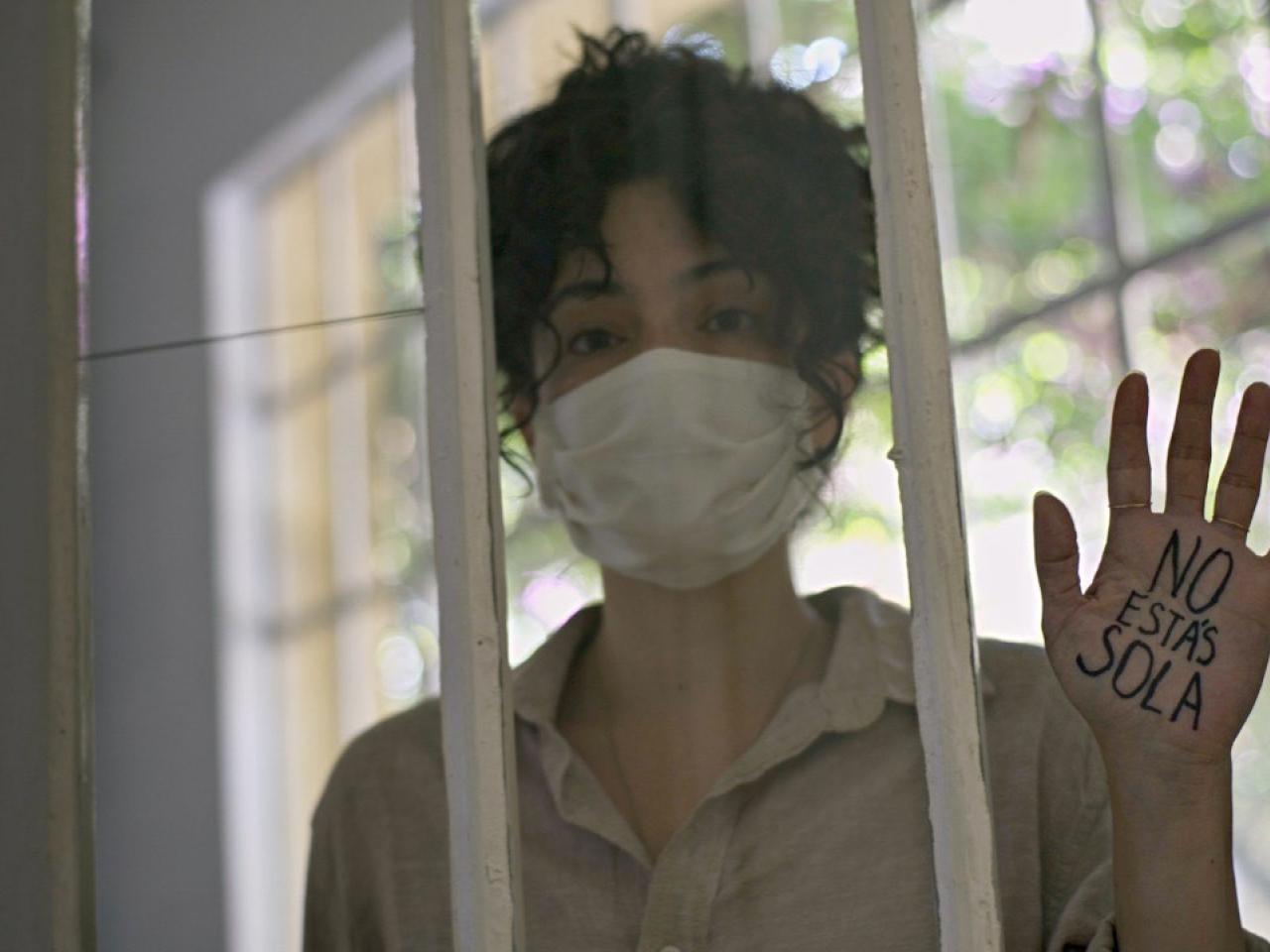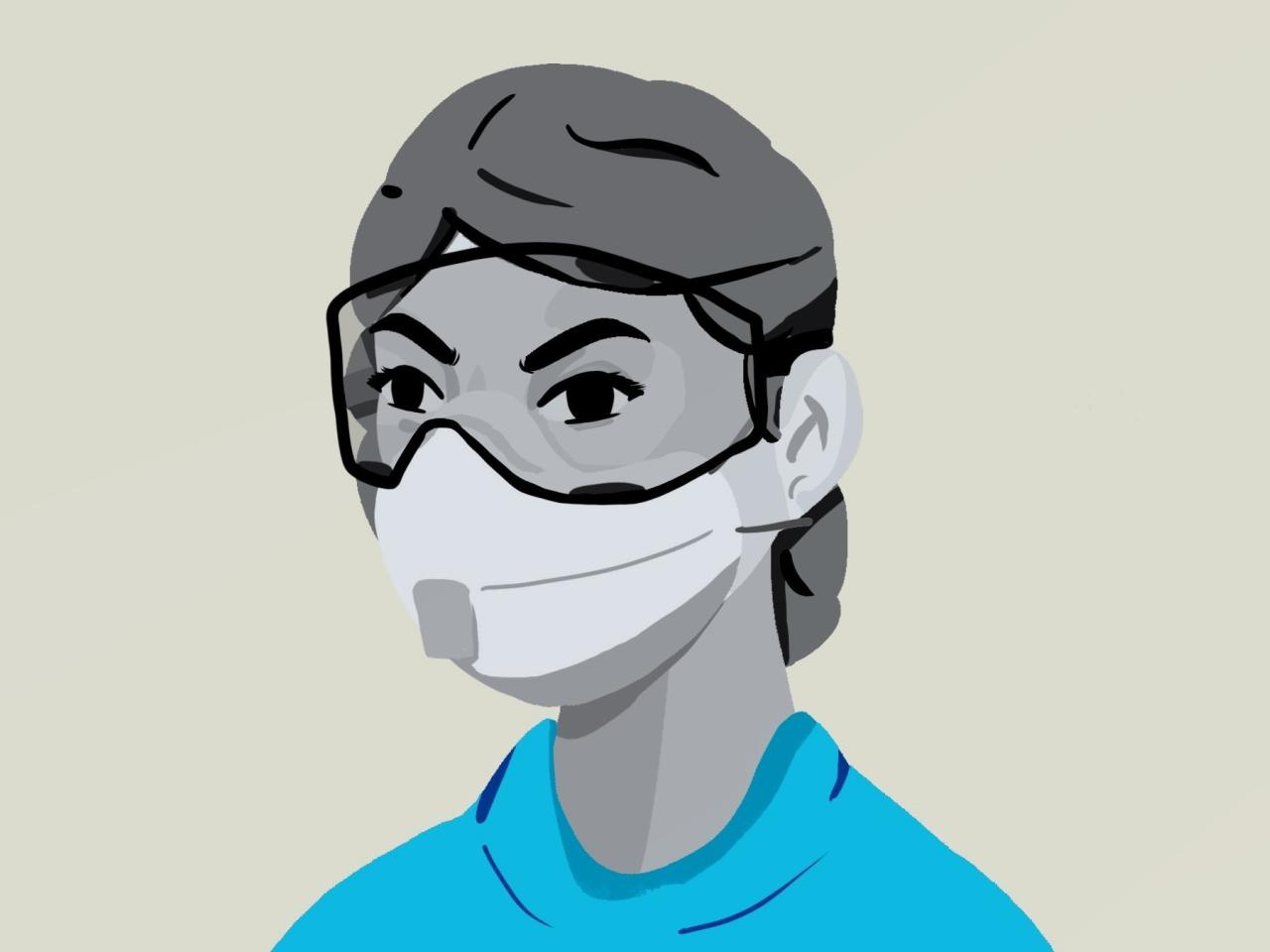In Mexico, safe hotel accommodation is supporting women and children to break the cycle of abuse
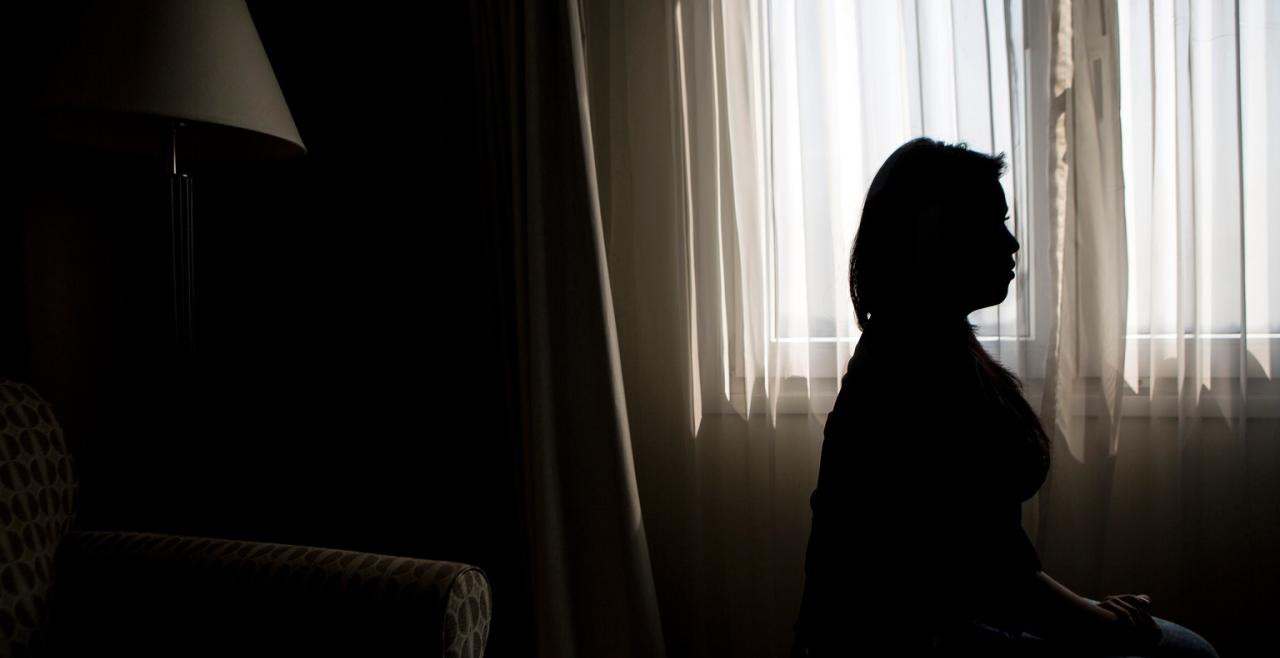
MEXICO CITY, Mexico - Travel restrictions, lockdowns and other measures intended to slow the spread of COVID-19 have inadvertently created a shadow pandemic of increased violence against women and children in the home. Since the pandemic began, rates of violence against women and girls (VAWG) have spiked dramatically around the world, including in Mexico, where emergency calls related to VAWG increased by 53 per cent in the first four months of 2020.
Economic pressure, physical proximity to their abusers and limited access to services have left many women experiencing violence at even greater risk.
To overcome some of these challenges, the Spotlight Initiative in Mexico, in collaboration with the federal government, state governments and the private sector, has created a strategy to offer temporary, safe and free accommodation to women experiencing violence and their children.
As part of the initiative, Grupo Posadas hotels offer free accommodation and food for up to seven nights to women survivors and their children who are deemed to be living in a dangerous situation. After their stay, they are channelled through justice centres and other women's organizations. The model of care is unique because it accommodates male adolescent children and older women, groups who are often excluded from shelters.
Grupo Posadas personnel receive specialized training, so that they better understand gender-based violence and how to interact with survivors in a thoughtful and sensitive way.
"This time in the hotel has helped me to talk with my children... It has been a space to get to know them better, I feel less fearful than when we started this nightmare." - Mariana*, 27
Safety and dignity
Mariana*, a 27-year-old indigenous woman, fled her community in Chiapas when her husband tried to hang her three young children in front of her.
“It is a very beautiful space, I never thought I could be in such a place,” she said of the accommodation. “The people at the hotel have been very kind to me and my children. At first I was afraid that we might be discriminated against, but it has been the opposite."
"This time in the hotel has helped me to talk with my children, they have told me things that I never imagined they felt,” she continued. “They support me and we are in this together. It has been a space to get to know them better, I feel less fearful than when we started this nightmare. We are very grateful for the treatment and the space."
Another guest, Martha*, 83, came to Mexico from Colombia to visit her son. When her own family began sexually abusing her, she looked for support.
“My situation is very difficult, I am in a new country where my only acquaintances are those who mistreat me. But in the hotel I have felt protected,” she says. “They have treated me with respect and made me feel part of a family. I am very grateful for all their attention.”
The secure accommodation strategy has been well received by activists working in violence prevention.
"At the hotel I have felt protected, they have treated me with respect and made me feel part of a family." - Martha*, 83
“The support is very good and it has helped [survivors] to reflect,” says Teresa, a social worker at one of the Women's Justice Centres. “Feeling welcome in a place provides a sense of stability. When survivors leave their homes alone or with their children, they are afraid to start from scratch. Having a place where they can spend the night and know they’ll get food makes them feel safe to continue with their process,” she explains.
Teresa says that breaking the cycle of violence allows women to build their family, social, work and institutional support networks. “The strategy is fabulous… and much appreciated. I speak for myself, for my colleagues and, above all, for the survivors.”
One worker at Grupo Posadas hotels said she also found great satisfaction in the work. “By offering a safe space, we are saving lives," she said.
The strategy is currently implemented in six municipalities, with plans to expand to another seven.
*names have been changed to protect the identity of interviewees
Originally published by UNICEF Mexico

